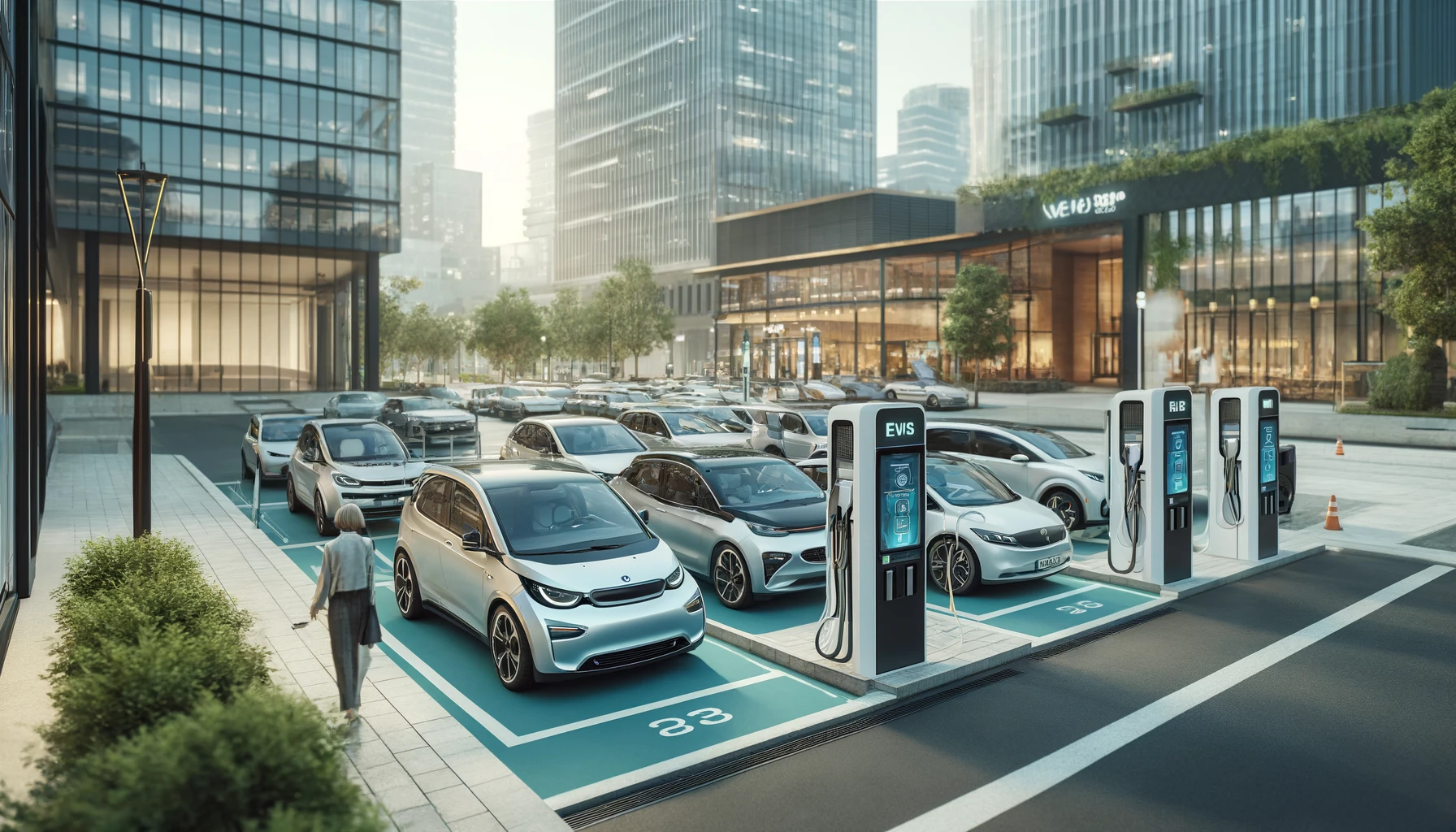The Rise of Car Sharing: Why It Must Replace Traditional Car Ownership

The transportation landscape is undergoing a significant transformation, driven by advances in technology and a growing awareness of environmental sustainability. One of the most notable trends is the rise of car sharing and hourly car hire services, such as Zipcar and various car clubs. These services offer a compelling alternative to traditional car ownership, especially with the increasing adoption of electric vehicles (EVs). Here, we explore the benefits of car sharing and argue why it should replace traditional car ownership in the era of electric cars.
Benefits of Car Sharing
Cost Efficiency
Traditional car ownership entails numerous costs, including purchasing, insurance, maintenance, and parking fees. Car sharing services eliminate the need for a significant upfront investment and spread out costs only when the vehicle is in use. Users pay for what they use, typically on an hourly or daily basis, which can lead to substantial savings for those who drive infrequently.
Environmental Impact
Car sharing can significantly reduce the number of vehicles on the road, leading to lower greenhouse gas emissions. Shared cars are often newer and more fuel-efficient than privately owned vehicles, further contributing to reduced environmental impact. Additionally, many car sharing services are incorporating electric vehicles (EVs) into their fleets, which produce zero tailpipe emissions, thereby supporting a cleaner environment.
Reduced Traffic Congestion
Fewer cars on the road means less traffic congestion. Car sharing can help decrease the overall number of vehicles, as multiple people use the same car throughout the day. This can lead to smoother traffic flow and reduced travel times for everyone.
Better Utilization of Resources
Privately owned cars are idle approximately 95% of the time. Car sharing maximizes the use of each vehicle, making transportation more efficient. This efficient use of resources can reduce the need for parking spaces and free up urban space for other uses, such as parks or pedestrian zones.
Flexibility and Convenience
Car sharing provides users with access to a variety of vehicles, allowing them to choose the best one for their specific needs. Whether it’s a compact car for city driving or a larger vehicle for a weekend trip, car sharing services offer flexibility that traditional car ownership does not. Additionally, the convenience of picking up and dropping off vehicles at various locations makes it an attractive option for urban dwellers.
The Role of Electric Vehicles
The integration of electric vehicles (EVs) into car sharing fleets is a game-changer. EVs offer numerous advantages, including lower operational costs and reduced environmental impact. As battery technology improves and charging infrastructure expands, EVs are becoming more practical and accessible.
Lower Operational Costs
EVs have lower running costs compared to internal combustion engine vehicles. Electricity is cheaper than gasoline, and EVs require less maintenance, resulting in significant savings for car sharing companies and users alike.
Environmental Benefits
EVs produce no tailpipe emissions, helping to reduce air pollution and combat climate change. By adopting EVs, car sharing services can contribute to cleaner cities and a healthier environment.
Support for Renewable Energy
As the energy grid becomes greener with increased use of renewable energy sources, the environmental benefits of EVs will further enhance. Car sharing services that use EVs can support this transition by promoting the use of clean energy.
Why Car Sharing Must Replace Traditional Car Ownership
Sustainability
The environmental benefits of car sharing, especially when combined with EVs, make a strong case for replacing traditional car ownership. Reducing the number of vehicles on the road and promoting the use of EVs can significantly lower carbon emissions and urban air pollution.
Economic Efficiency
For many people, car sharing offers a more cost-effective solution than owning a car. As urban populations grow and space becomes more limited, the economic advantages of car sharing become even more compelling.
Urban Planning and Space Utilization
Cities designed around car sharing rather than car ownership can allocate space more efficiently. Reducing the need for extensive parking facilities allows for more green spaces, improved public transportation, and better quality of life for residents.
Adaptability to Technological Advances
Car sharing services are well-positioned to adapt to future technological advancements in transportation, such as autonomous vehicles. These services can integrate new technologies more quickly than the average car owner, ensuring a modern and efficient transportation system.
Conclusion
Car sharing and hourly car hire services present a sustainable, cost-effective, and flexible alternative to traditional car ownership. With the rise of electric vehicles, these services are poised to offer even greater environmental and economic benefits. As we move towards a future where sustainability and efficiency are paramount, car sharing must replace traditional car ownership to create cleaner, greener, and more livable cities.





